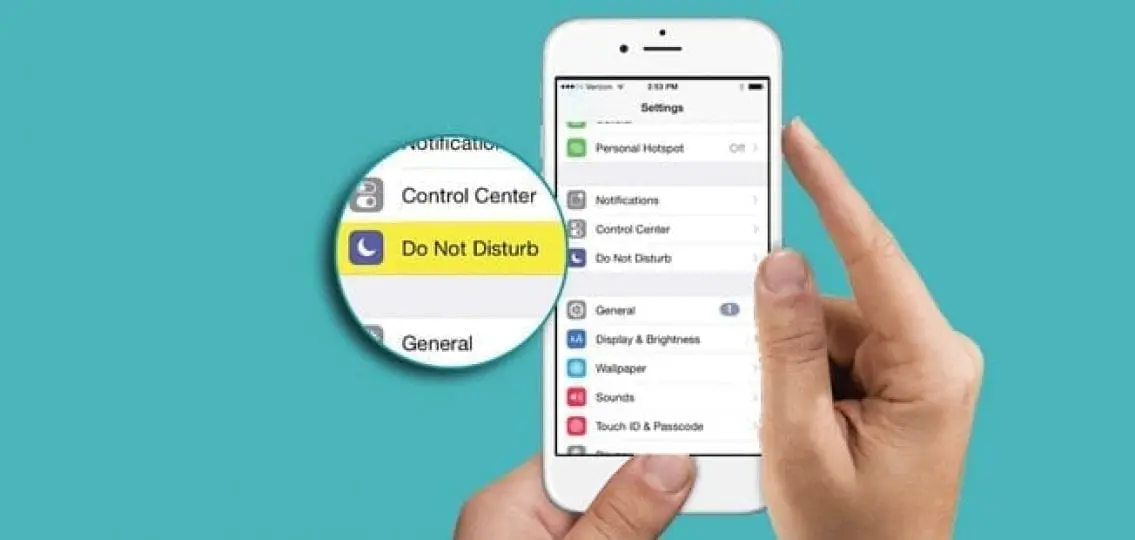Limit Study Distractions For Teenagers
The digital world can be incredibly distracting, especially for teenagers—and especially for teenagers who are supposed to be studying.
In fact, a 2013 study of 263 college students at California State University found that, on average, students with access to technology were unable to focus on academic work for more than two minutes (yep, two minutes) without becoming distracted. Overall, these same students devoted only about 65 percent of their study time to actually studying.
That’s just one of a number of recent studies showing the negative impact of technology on academics. Another, by researchers at Carnegie Mellon, found that college students who were interrupted by instant messages scored 20 percent lower than a control group (that wasn’t interrupted) on a standard test of cognitive abilities.
The good news: Many teenagers are figuring this out for themselves and coming up with effective ways to limit digital distractions during study sessions. Here are six suggestions teenagers shared with us:
6 Ways to Limit Technology Distractions
- Delete the apps that are the most distracting. This is epecially effective during exams. You can always reinstall them later.
- Turn off all alerts. It’s hard to stay focused when alert after alert is telling you what you’re missing. Turn them off while doing homework, then on again when you’re done.
- Use Do Not Disturb. This silences alerts, notifications and phone calls until you turn it off. You can also set up daily, scheduled Do Not Disturb sessions for the times of day you tend to study.
- Leave your device in another room. Set a goal for when you can next check it.
- Use technology to save you from technology. Apps, like Antisocial, can block social media for a set period of time. Other apps, like Freedom or Off Time, also block the Internet altogether for a set time. There are apps for phones and computers.
- Give your device to a parent. You could call this the nuclear option, but if all else fails, ask an adult to hold on to your phone and not give it back until you’re done studying.



